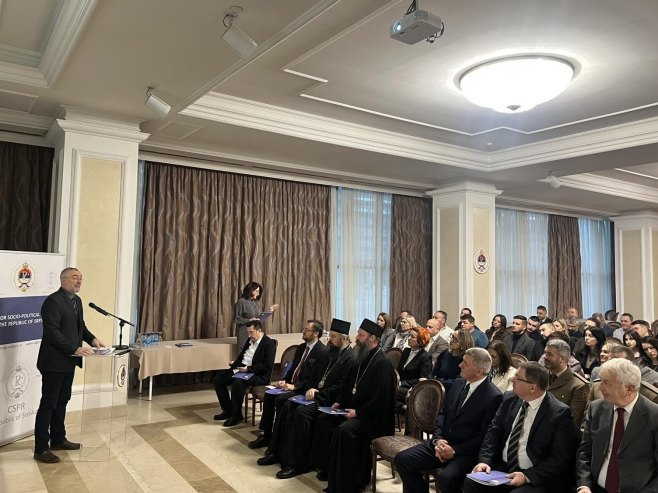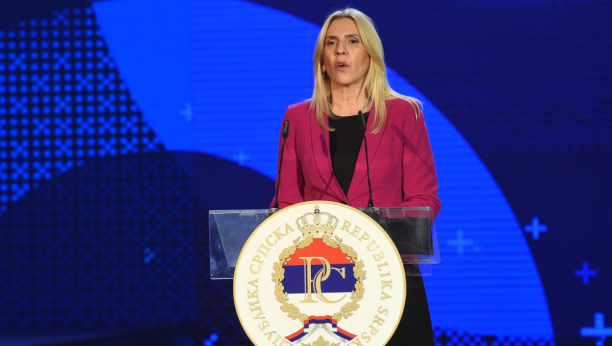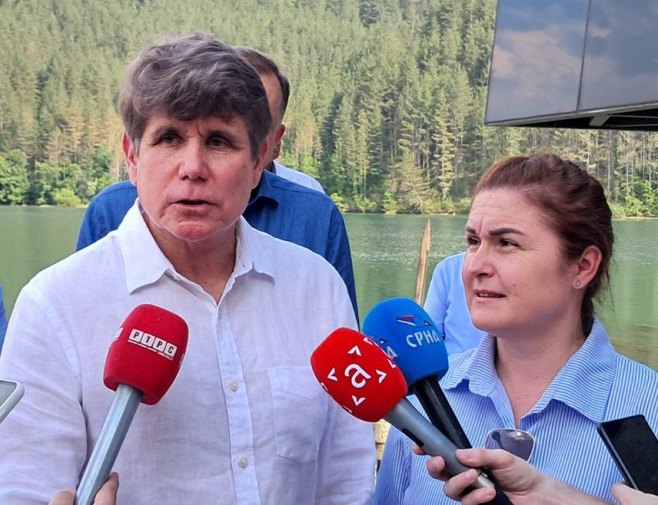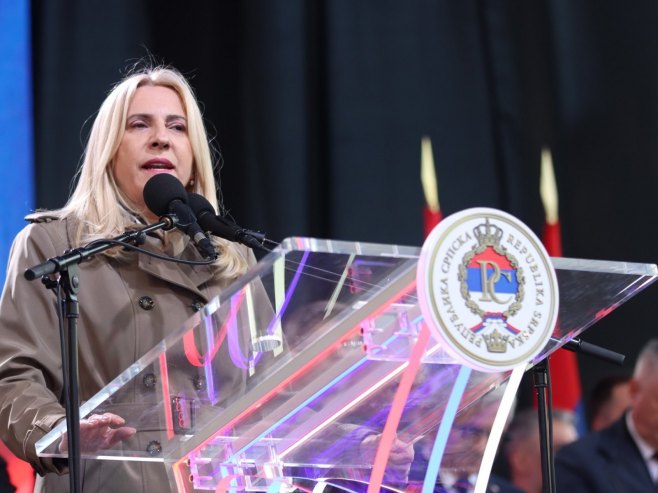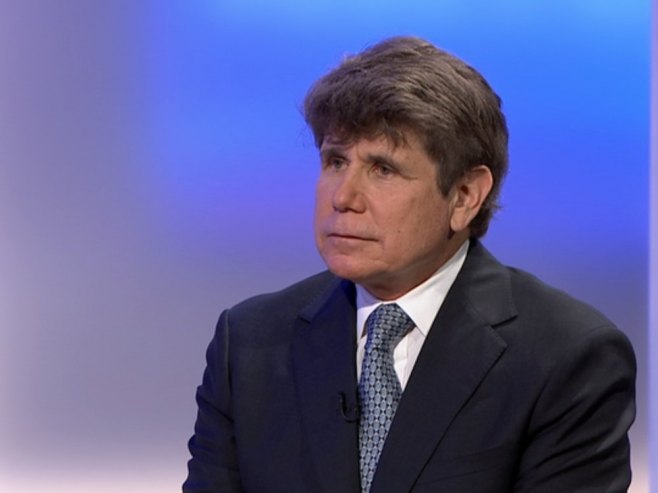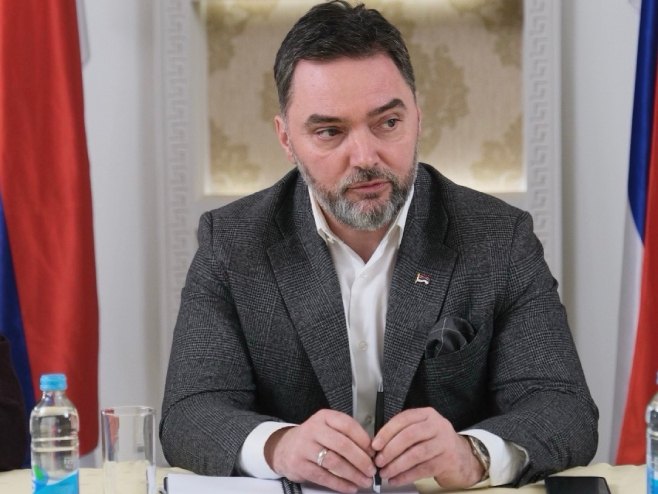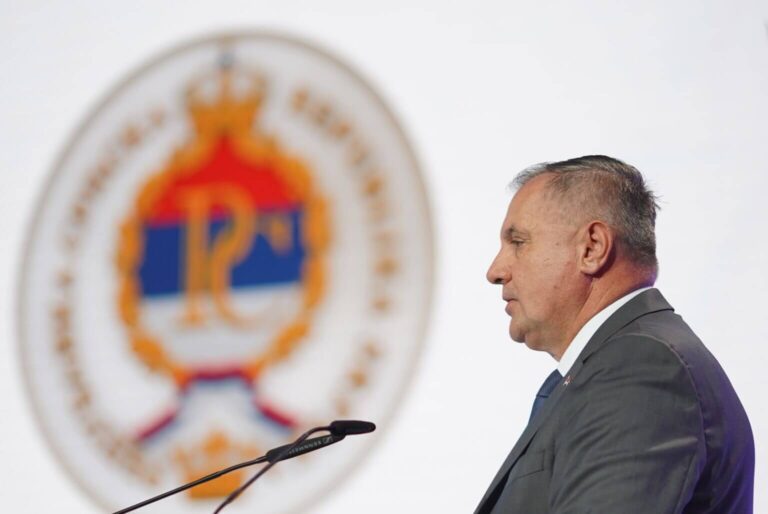The Serb member and Chairwoman of the Presidency of Bosnia and Herzegovina, Željka Cvijanović, stated that Republika Srpska is always ready for dialogue, adding that even the U.S. administration has affirmed that internal matters are to be resolved through domestic consensus.
She emphasized that political Sarajevo is heading toward total irrelevance, as those unwilling to engage in dialogue are missing opportunities for the state they claim to be devoted to.
Cvijanović argued that issues must be resolved through conversation and without foreigners acting unilaterally.
“I believe true reconciliation comes when people talk and scale down their ambitions, meeting around shared positions and common categories,” she said on the program Telering, adding that America today has a completely different approach to major issues.
She said that during a meeting with U.S. Deputy Secretary of State Christopher Landau, members of the BiH Presidency presented very different views, to which Landau responded by saying the U.S. would not impose ready-made solutions as before and was primarily interested in preserving peace—leaving the rest to internal agreements.
“He clearly stated that they don’t want to act as the world’s police and won’t bring finished solutions,” Cvijanović said.
“I told him, ‘Excuse me, I never thought I’d live long enough to hear a senior U.S. official speak this way.’ Until now, it’s always been about threats, punishments, finger-pointing, and brutal demands.”
She noted that the current Trump administration is not acting like the previous one and wants to build better relations with everyone, without interfering in the internal construction of other states.
She questioned the legitimacy of having a foreigner who believes he can usurp democracy and the democratic processes of a country, and emphasized that there are fewer and fewer voices in the U.S. that support such behavior.
“When your interlocutors ask you, ‘Do you think BiH can survive?’—that’s a very different narrative from what we used to hear. No one has ever said anything against Republika Srpska, President Milorad Dodik, or me. Otherwise, I wouldn’t even be allowed to be there,” said Cvijanović.
She affirmed that Bosnia and Herzegovina can survive—but only if order, the Constitution, and democratic capacity are respected—not under constant harassment, sanctions, and accusations.
Cvijanović added that a more balanced political environment in BiH is possible if there were no foreign interference, which currently reduces the chances for a healthier atmosphere. Still, she expects that experienced politicians should be able to assess the situation better.
She reiterated that Republika Srpska continues to send a clear message: “We want to talk; the rest is up to others.”
On the Dayton Agreement, Cvijanović stressed that Republika Srpska celebrates the date of its signing because it sees the Agreement as the foundation for a sustainable arrangement where everyone can live normally, without mutual hostility or confiscation of rights.
“Our colleagues in political Sarajevo think Dayton is a temporary phase and aim to build a state in which they dominate. Dayton does not envision that, and that’s why the situation is what it is.”
She stated that for over 30 years, the Dayton Peace Agreement has been modified,
“through the interventions of High Representatives, imposed force, and sometimes even naivety. The situation in the past two or three years is complete madness. And then someone dares to say ‘you’re against Dayton’,” she concluded.
Cvijanović emphasized that in this context, Republika Srpska is the only one defending the sovereignty of the state union.
Source: RTRS

